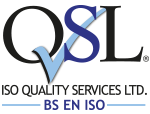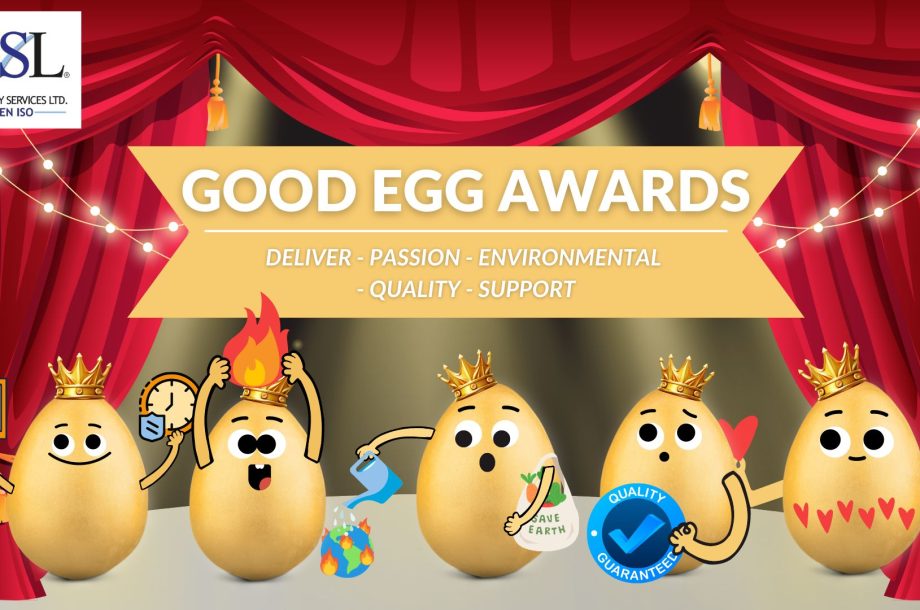What is the scope of my business?
6 Dec, 2017
Defining your business scope is a vital part of ISO 9001. Here we explain what it is and how you define yours.
Updated: 9th February 2022
What is ‘Scope’?
When embarking on implementing a Quality Management System (‘QMS’), many clients get confused by ‘scope’. It is a requirement of ISO 9001 that within a QMS you define the scope of your business. But what is the ‘scope’ of a business? Here we look at scope in more detail.
Your business scope is a vital part of your QMS. It defines how far the QMS extends within your company’s operations including any exclusions (if any) from your QMS.
In the revised 2015 version of ISO 9001, further clarification is given to businesses on defining scope. This has helped standardise how businesses define their scope.
Scope is covered in section 4.3 of the standard. Your scope can cover:
- The whole organisation;
- Specifically identified functions;
- Specifically identified sections of the organisation;
- One or more functions across a group.
Defining the Scope of Your Business
When defining the scope of your business, you need to consider the following:
- External and internal issues relevant to the purpose of the organisation, the strategic direction of the business and its ability to achieve the intended results;
- The requirements of relevant interested parties (including suppliers, employees, Directors);
- The product and service of the organisation.
Scope should include the requirements of ISO 9001 that can be applied and indeed whether a provision does not apply. Where any requirement does not apply there must be a justification for the exclusion included within the scope.
The scope usually covers the whole of the organisation. However, there can be exceptions to this for example, we do have clients whose QMS only covers one location where they are a multi-site organisation. This can include national and international locations. Scope may also be limited if for example there are two very separate sides to the business and the QMS only applies to one element.
So to recap, the scope should cover:
- The physical locations of your QMS;
- The products and services created within your QMS;
- The industries applicable if relevant.
Your scope should be clear enough to identify what your business does.
- It should not be limited in size;
- It should include what is covered by the QMS;
- It should be clear, simple and easy to read – remember if it is not clear to you how will it be clear to an external auditor or your customers?
Your QMS should help you focus your QMS efforts and achieve your goals.
Our assessors and Client Services team are experts at assisting clients in defining the scope of their business where help is required. If you require any support, please contact our team on 0330 058 5551 or via our enquiry form.
ISO Quality Services Ltd are proud to specialise in the implementation and certification of the Internationally recognised ISO and BS EN Management Standards.
Do you want to get ahead of your competition? Win more tenders or save time and money on reoccurring issues? Contact us today on 0330 058 5551 or email info@isoqsltd.com.
Alternatively, you can request a quote by filling out our enquiry form and a member of our team will be in touch shortly.





